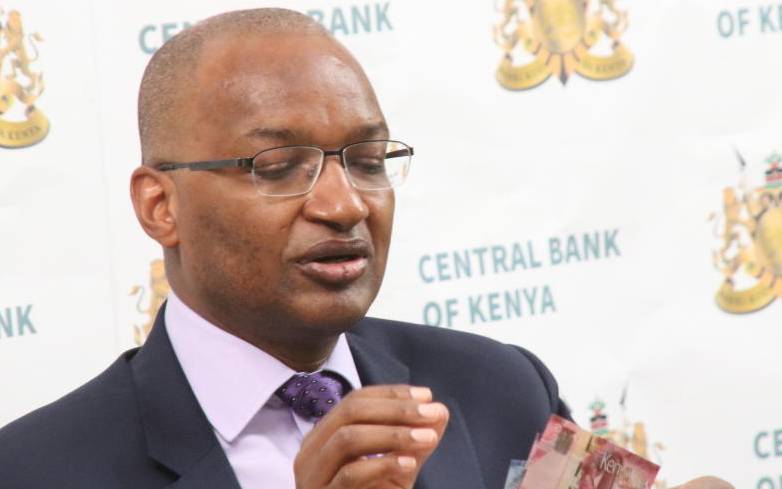×
The Standard e-Paper
Smart Minds Choose Us

Central Bank of Kenya Governor Patrick Njoroge when he briefed the media on the new currencies notes that would replace the old notes at the CBK offices June 3, 2019. [David Gichuru/Standard]
The Central Bank of Kenya (CBK) said yesterday it would keep an eye on the withdrawal of the old Sh1,000 notes from circulation as the process might hurt the economy if not moderated.